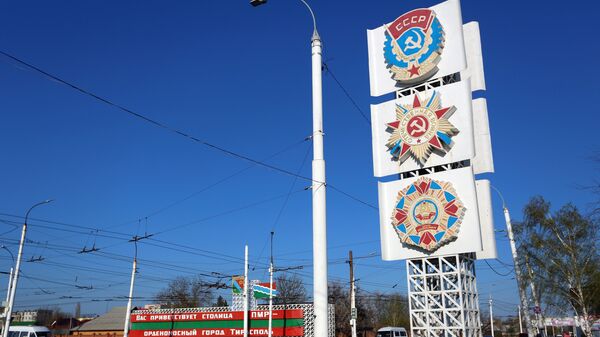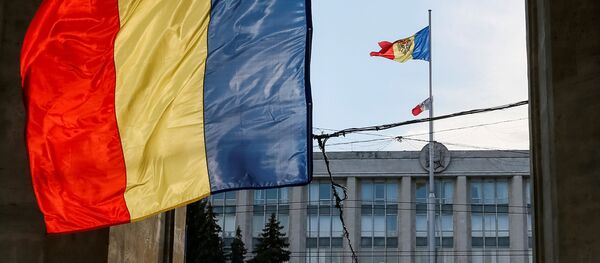The 5+2 format, proposed by the Organization for Security and Co-operation in Europe (OSCE), includes Transnistria and Moldova, Russia, Ukraine and the OSCE as mediators, while the European Union and the United States act as observers. In late March, Franco Frattini, the OSCE Chairperson-in-Office's Special Representative for the Transnistrian Settlement Process, proposed to hold another round of talks in Rome in May.
"The Transnistrian party insists on the early holding of the meeting of the 'Permanent Conference… ' in 5+2 format in order to discuss in a comprehensive manner all the pressing issues on the negotiating process' agenda," Ignatyev was quoted as saying in the Foreign Ministry's press release.
Transnistria, a region which has a predominantly ethic Russian and Ukrainian population, seceded from the Soviet Republic of Moldova for fear of its possible reunion with Romania in 1990. The separation led to a conflict that ended in a ceasefire announced on July 21, 1992, but the conflict remains unresolved.
Transnistria, which is not recognized by the United Nations as a political and diplomatic entity, is seen by Moldova as an autonomous territorial unit with special legal status.



